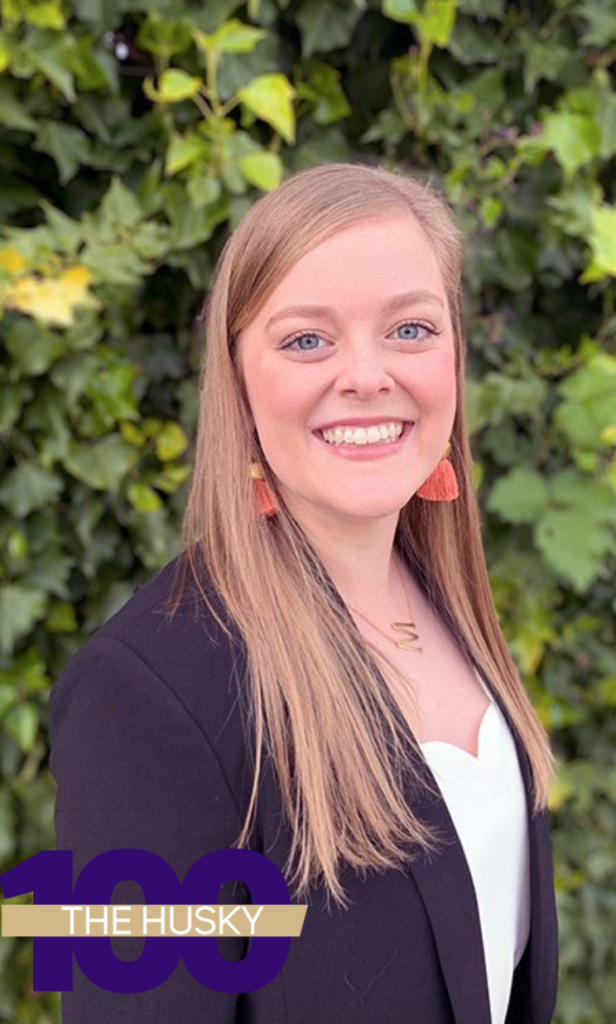In a typical year, our summer schedules often allow us some space to step back, reflect, and focus on our own professional development. We hope that as we continue to respond to and slowly recover from the current pandemic, you will find a little time to focus on yourself as you prepare for the future. While these are admittedly uncertain times, it’s clear that now more than ever, the world needs well-educated, reasoned and experienced thinkers and innovators to help guide us through the recovery and into the future – this sounds like a description of UW postdocs!
In the past, we’ve shared advice on pursuing your passion projects, identifying your unique skills, and crafting documents for a successful job application. Here, we’d like to share two exceptional resources which allow you to both explore and enhance your skills and professional development: LinkedIn Learning and the National Institutes of Health (NIH) Office of Intramural Training & Education (OITE).
LinkedIn Learning: The UW Career and Internship Center has purchased a license for full access to LinkedIn Learning. LinkedIn Learning is a collection of online videos to help you enhance and develop skills. Importantly, everyone with a UW NetID can access the resources. Spend some time exploring the site to get advice for your next career step, including:
- Writing a Resume, by Stacey Gordon;
- Informational Interviewing, by Barbara Bruno;
- Tips for Working Remotely, by Todd Dewett.
NIH OITE: The NIH OITE has responded to COVID-19 by making much of their internal professional development activities open to the public. While some admittedly have a scientific focus, many workshops on wellness and career and professional development are broadly applicable to the academic community (and beyond). Feel free to register (for free) for one of their upcoming workshops. We were particularly impressed with the following seminars:
- Essential Leadership Skills for Scientists, by Sharon Milgram, PhD;
- Strategies and Tools for Dealing with Stress During the Coronavirus Pandemic, by Laurie Chaikind McNulty;
- CVs, Resumes, and Cover Letters – Essential Job Search Documents, by Amanda Langer;
- Industry Careers – Overview and Job Packages, by Brad Fackler.
As a postdoc, it is imperative that you carve out some time to focus on YOU: assess what skills you have already developed and focus on how best to promote them. Equally as important, take the time to determine which skills and experiences you still need to develop as you prepare for your next career step. We encourage you to explore both LinkedIn Learning and the NIH OITE resources in your own time. And as always, we, the UW Office of Postdoctoral Affairs (OPA), continue to be available for consultation and support as you navigate these difficult times.

